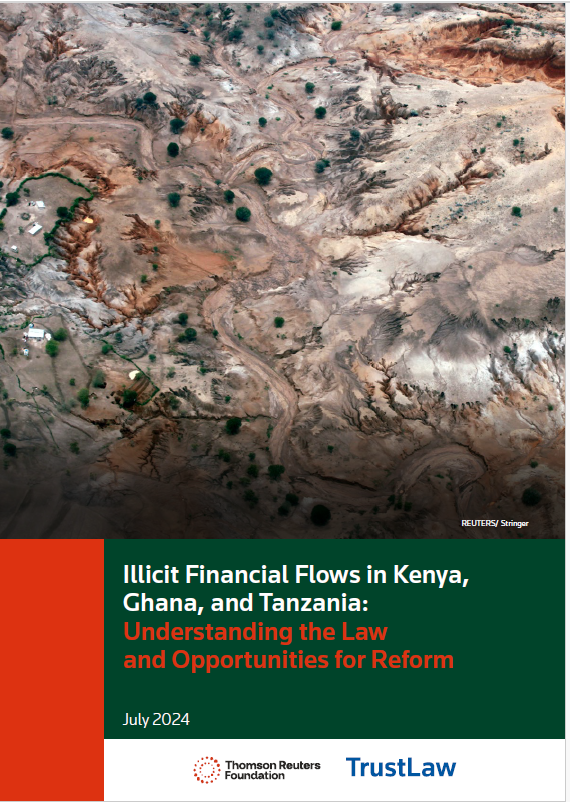
This report examines the legal and institutional frameworks in Kenya, Ghana, and Tanzania to curb illicit financial flows (IFFs), identifying their strengths and gaps that facilitate IFFs. It focuses on three prevalent forms of IFFs: tax-related IFFs, corruption, and money laundering. The study highlights the significance of commercial activities, which account for 65% of IFFs from Africa, and emphasizes the need to address aggressive tax planning, transfer pricing abuse, mis-invoicing, and tax evasion. It also delves into corruption within the extractive sectors of Tanzania and Ghana, and the financial and real estate sectors in Kenya, which are particularly vulnerable to money laundering. This report aims to empower civil society organizations (CSOs) and advocacy communities by enhancing their understanding of the legal landscape to effectively combat IFFs, thereby increasing government transparency and accountability in combating IFFs in these countries.
Related resources
View all
Before You Publish: Europe Legal Pre-Publication Review Guide for Journalists
This guide aims…
Read More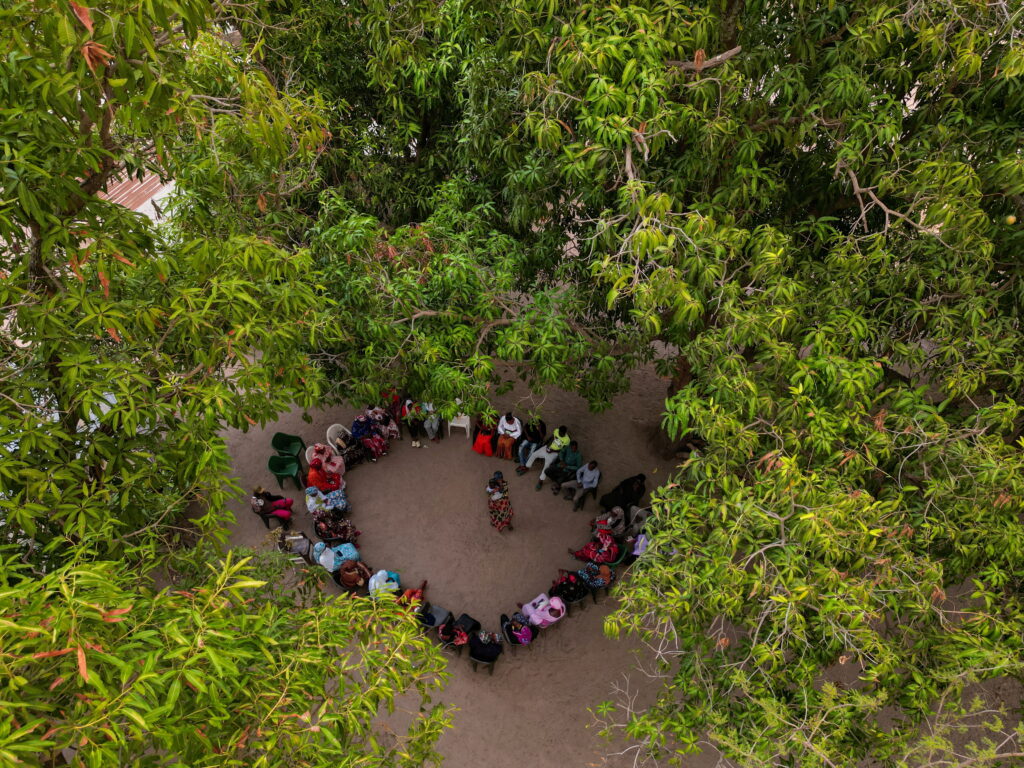
Towards justice: Global challenges and opportunities in litigating cases of female genital mutilation
This legal research – facilitated through our global pro bono network, TrustLaw -…
Read More
Rising Pressure, Rising Needs: A TRF Insights Survey
Our new report profiles the rapidly evolving legal needs…
Read More
Artificial Media, Real Rights: The Impact of Gen AI on Freedom of Expression in Eastern and Southern Africa
The increased use of Generative Artificial Intelligence (GenAI) tools has introduced both…
Read More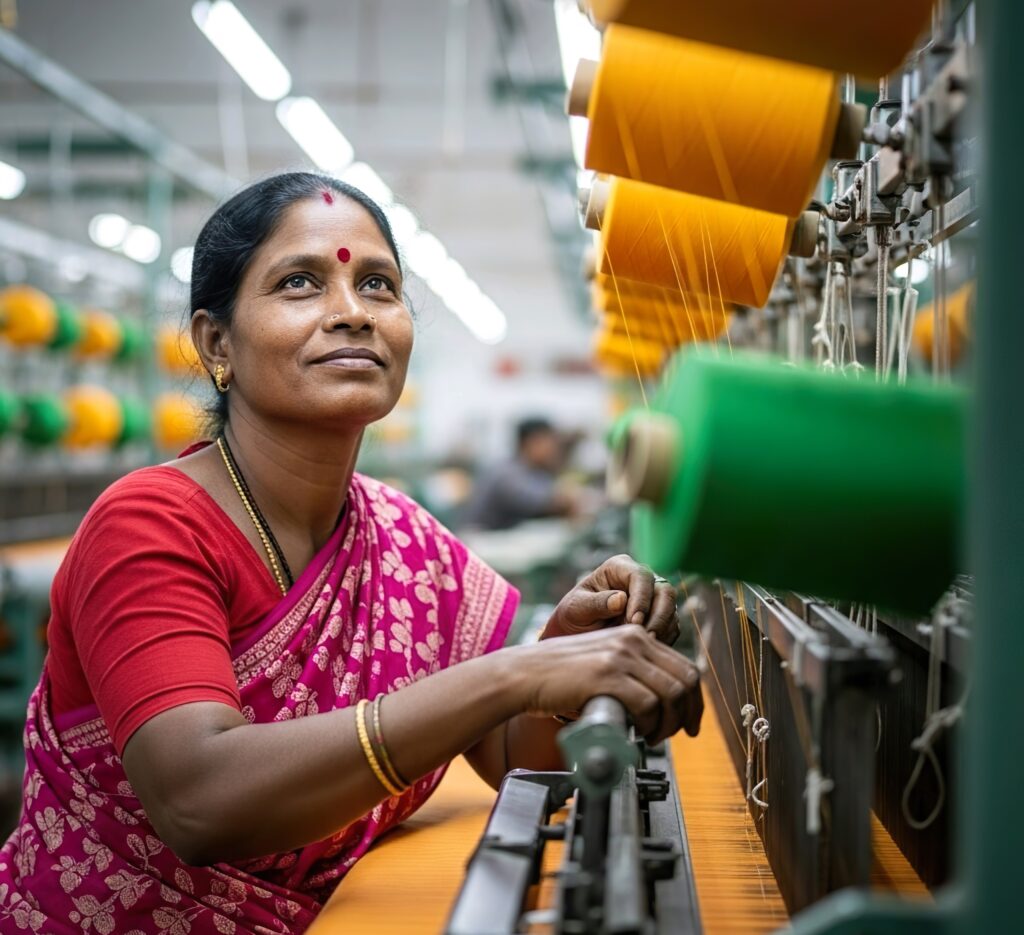
Navigating the Just Transition: Context, Conflicts and Company Practice
This report explores how…
Read More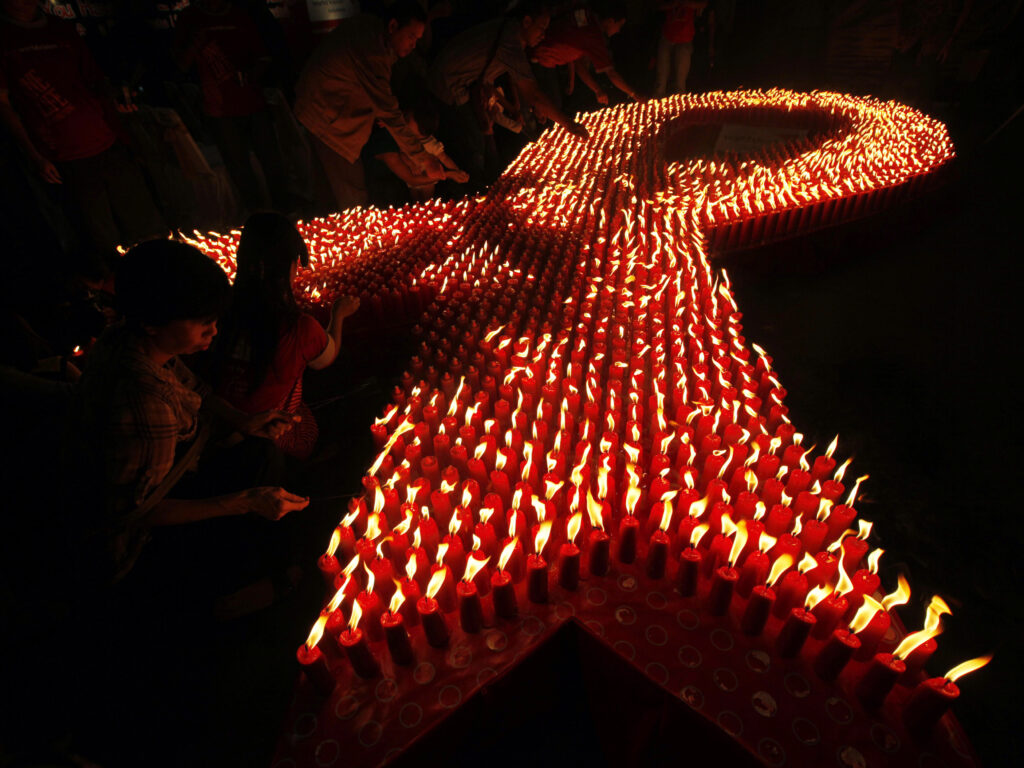
Barriers to Young People’s Access to Healthcare
The report surveys the legal barriers that adolescents…
Read More
Measuring Pro Bono Impact- Spanish
Bienvenidos a la “Guía para medir el impacto del trabajo pro bono”, presentada por…
Read More
Legal analysis of laws, policies and government strategies relating to AI in Kenya, Mauritius, Rwanda, South Sudan, Tanzania, Uganda and Zambia
This report analyses the legal and policy frameworks governing AI across seven countries to explore how these laws and…
Read More
Data frameworks for Responsible AI: legal perspectives from six jurisdictions
With AI…
Read More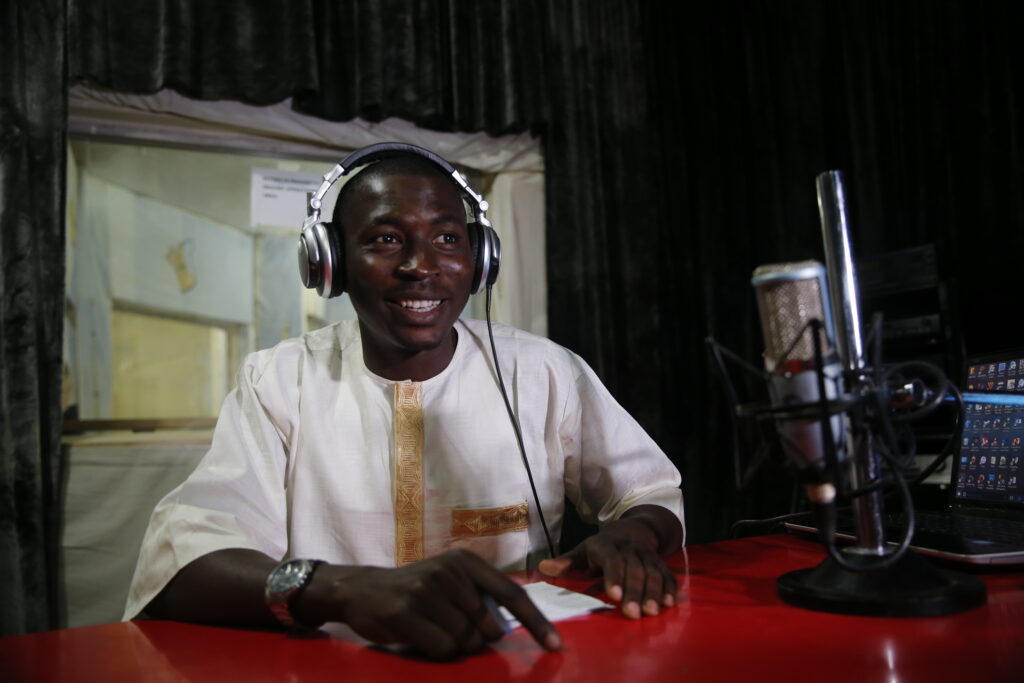
Uelewa kuhusu sheria za vitendo vya kashfa Tanzania
Sheria za kashfa zikitumika kwa usahihi, zinatarajiwa…
Read More

